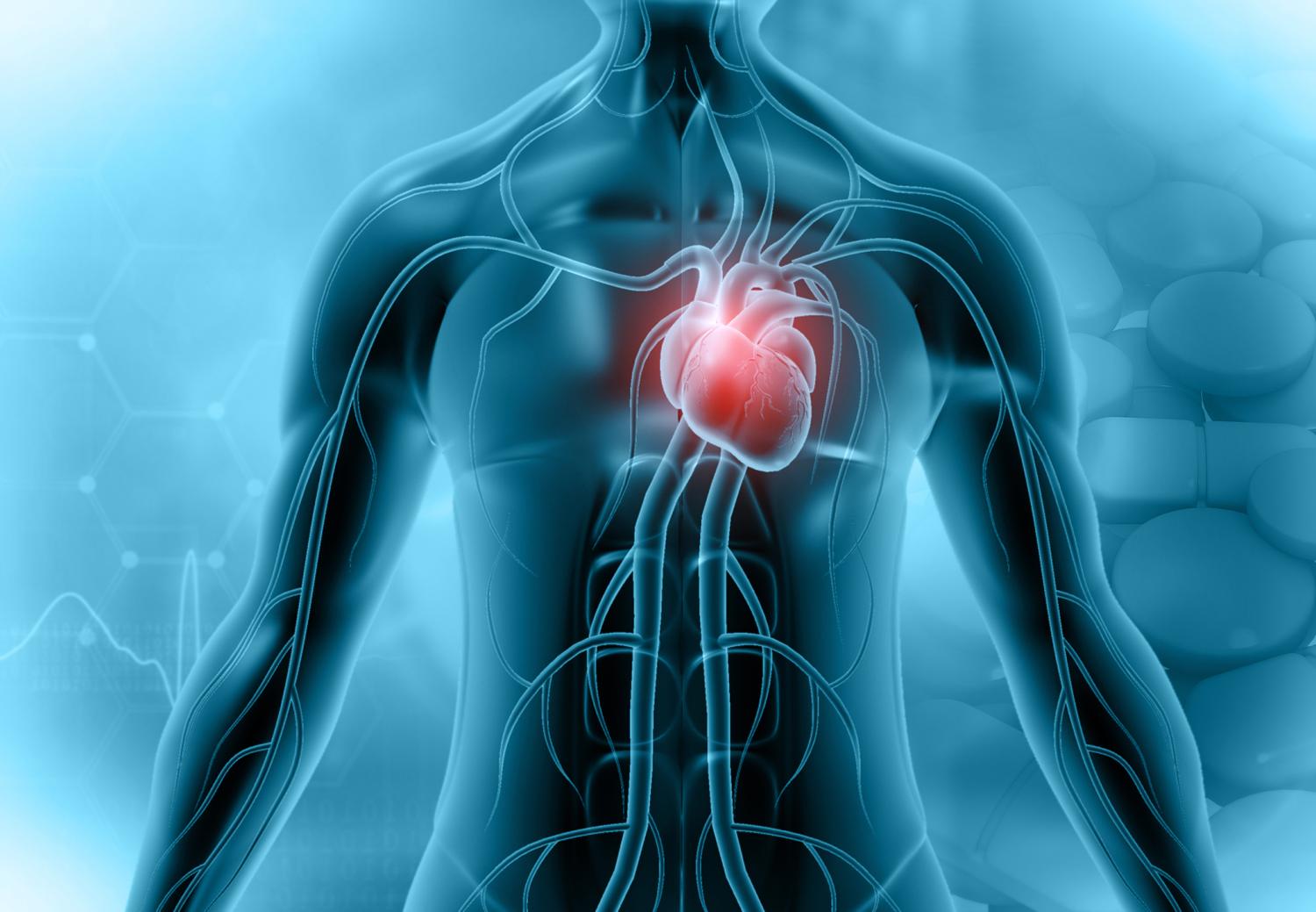Severe acute respiratory distress syndrome (ARDS) related to COVID-19 infections can damage the heart even when the virus itself doesn’t affect heart tissue. The findings come from a study today in Circulation.
The study suggests that ARDS triggers widespread inflammation in the body, which leads to secondary cardiovascular complications.
Though clinicians and researchers have observed for 4 years that COVID-19 infections lead to an increased risk of stroke, heart attack, and inflammation in the chest, the mechanism of damage was not understood.
"This was a critical question and finding the answer opens up a whole new understanding of the link between this serious lung injury and the kind of inflammation that can lead to cardiovascular complications," said Michelle Olive, PhD, an associate director at the National Heart, Lung, and Blood Institute, in a press release from the institute. "The research also suggests that suppressing the inflammation through treatments might help minimize these complications."
Olive was not involved in the study.
The study was conducted by looking at the autopsy cardiac specimens from 21 patients with COVID-19 who died from SARS-CoV-2–associated ARDS, and 33 patients who died from other causes. The study authors also used mice with SARS-CoV-2–associated ARDS to look more closely at cardiac immune cell dynamics. They also induced ARDS in mice without SARS-CoV-2 to compare cardiac findings.
Sending 'shockwaves' through the body
In both human and mice, the authors found that ARDS triggered remodeling of cardiac resident macrophages, leading to greater inflammation and reducing cardiac function. Macrophages are immune cells, and typically keep tissue healthy, but they can turn inflammatory if they proliferate too quickly.
Though no cardiac tissue was directly damaged, the lung infection caused by COVID-19 increased cardiac macrophages, which in turn led to cardiac problems for both people and mice with SARS-CoV-2–induced ARDS. Specifically, researchers found a higher proportion of CCR2+ (C-C chemokine receptor type 2 positive) macrophages in humans who had COVID-19 compared to those who did not.
The mice experiment inducing ARDS without a virus also showed an increase in macrophages and cardiac damage. In a subsequent experiment, the authors found that treating mice exposed to the virus-induced ARDS with a tumor necrosis factor neutralizing antibody reduced both inflammation and the number of CCR2+ macrophages.
What this study shows is that after a COVID infection, the immune system can inflict remote damage on other organs.
"What this study shows is that after a COVID infection, the immune system can inflict remote damage on other organs by triggering serious inflammation throughout the body – and this is in addition to damage the virus itself has directly inflicted on the lung tissue," said Matthias Nahrendorf, MD, PhD, a senior author on the study and professor of radiology at Harvard Medical School.
"These findings can also be applied more generally, as our results suggest that any severe infection can send shockwaves through the whole body."




















